This blog is part of a larger conversation concerned with Christian innovation and design, providing examples of technology in the Bible, answering how the Bible relates to technology, exploring the relationship between Christianity and technology, and employing scripture to supply robust moral reflection on how we’re meant to live in these strange times (with increases in technology, what some might even call increasing technology in the last days).
Our main topic here responds to the question, “Where was technology used in the Bible?“, and all associated topics with this question and the other associated blogs.
One of the big questions concerning technology and Christianity asks, “What does God say about artificial intelligence?” And of course the answer, biblically, is nothing since there is no fair parallel between the world of the Bible and the contemporary world.
Is it fair to suggest there are biblical principles concerning our engagement with A.I.? Can we, for example, consider that idols might have been a kind of pre-industrial artificial intelligence? Weren’t idols man-made, like A.I. is man-made, and imbued with certain powers—including the power to increase fertility, wisdom, knowledge, and productivity?
Yes—we’re made to understand these are the reasons why many people looked to idols in the ancient world. And scripture is clear that the people of God are not meant to have anything to do with idols whatsoever.
By corollary, are we to have nothing to do with A.I.?
Not necessarily…
Here’s where the breakdown occurs:
The reason we’re meant to eschew idols is because the only idols God tolerates are human beings. We are the “idols” of God, which is what the Hebrew word tselem—commonly translated as ”images”, as in “the image of God”(Gen.1.26-28)—truly means. God doesn’t want little stone images to represent God. God made people for that! God made us to be God’s emissaries, ambassadors, and caretakers of the Earth.
Manufactured idols can’t do anything (cf. Hab.2.18; Isa. 44.9-20). They’re useless. Consequently, they fail God’s test for being imago dei.
Is A.I., then, useless? Hardly. A stone statue can do nothing of its own accord, whereas A.I. can operate independently of human intervention.
Does this mean God considers A.I. imago dei, perhaps by derivation—a creation of the Creator’s creations?
That seems like a stretch.
Better to consider A.I. a tool we must intelligently and responsibly steward. Like an automated train (the SkyTrain in British Columbia, for example) A.I. may not require humans to function normally, but it won’t always function normally; and the possibility of abnormal malfunction requires humans take responsibility for the bad things that could happen and either mitigate the risk or have contingency plans in place for a crash.
Some wonder if technology is a sin, but I confess I’m not sure why, since technology is absolutely inescapable in our modern world. Even the Amish employ some technology (horse-drawn carriages employ the technology of the wheel and the axle, the bridle and the harness, etc.), despite all efforts to forgo it. If technology is a sin, then God has repeatedly winked at our sin and even used it—such as the sinful technologies of musical instruments used in worship, or the sinful technologies of writing implements and papyri crafting. So to any who even suggest that technology is a sin, we must kindly yet roundly reply, it is not.
Technology is a sin like oxygen is a poison. Perhaps the misuse, overuse, or abuse can be destructive but the thing itself simply is.
What does the Bible say about technology in the last days? Again, the Bible rarely speaks about technology and when it does make reference to technology, it is always a passing reference. This includes the interfered reference to technology in the last days from Daniel 12.4, which states that ’knowledge will continue to increase’ but says nothing directly about technology and nothing explicitly about the last days, either. Instead of wondering about technology in the last days, we would be far better served to consider humanity in the present one: How are we loving our neighbor? How are we serving the poor? How are we using all the tools and instruments and implementations at our disposal to heal the world rather than harm it, harangue it, or hasten its decay?
There are absolutely zero Bible verses about technology being bad, either. None. Nowhere does the Bible condemn a particular technology, or even technology in general.
Let’s be clear about out definitions here: technology is the crafting of new means for desired ends. This there are plenty of examples of technology in the Bible, if you’re willing to read carefully and attentively. You’re better off reading between the lines than wondering “What does the Bible say about machines?” When you read between the lines you’ll see technologies littered throughout scripture—in architecture, agriculture, the arts, and medicine just to name a few—whereas asking a very specific question like “What does the Bible say about technology?” or “What does the Bible say about Artificial Intelligence?” will lead you to strain the text beyond its intended meaning. The propensity to look for a specific verse that answers a specific question is what my friend Len Sweet calls “versitus”, and what earlier Christians referred to as “sortilege.” It’s a kind of lucky-dipping method, akin to using the Bible as a Magic 8 Ball rather than a long and meaningful conversation partner for life.
And yet there are those who can’t help but wonder how did Jesus use technology—which is a fair question, since if Jesus used technology we’re definitely free to use it. Once you realize that Jesus was a tekton (a stonemason , or craftsman), you also discover that tektons daily employed a wide variety of handheld technologies like axes, saws, mallets, and plumb bobs. Which means Jesus used the technology of his time daily, without the need to comment on its merit or its morality.
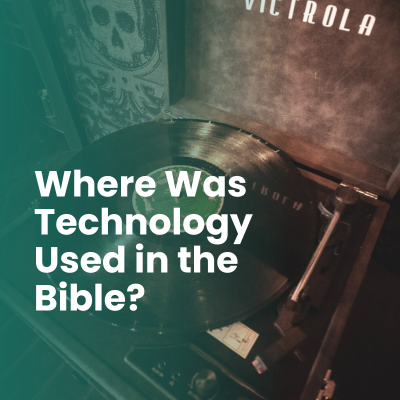

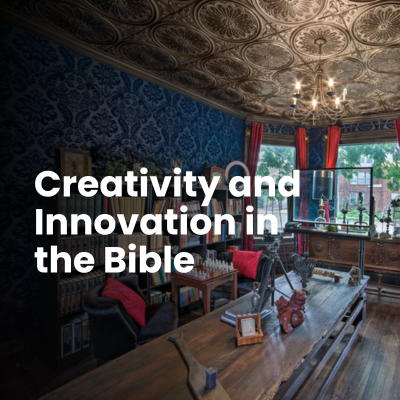
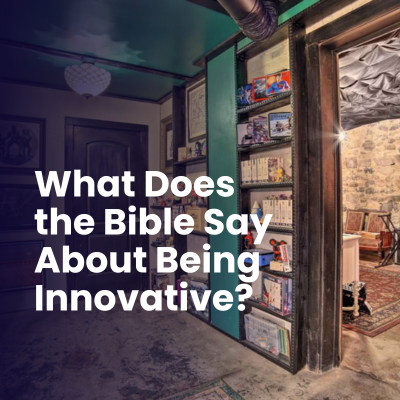
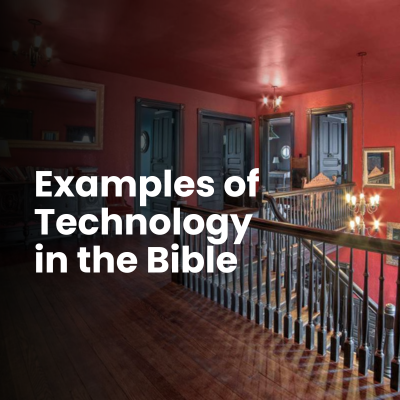

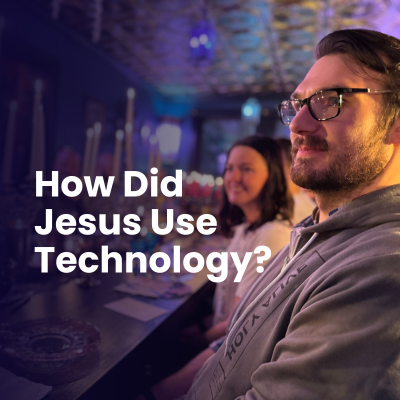
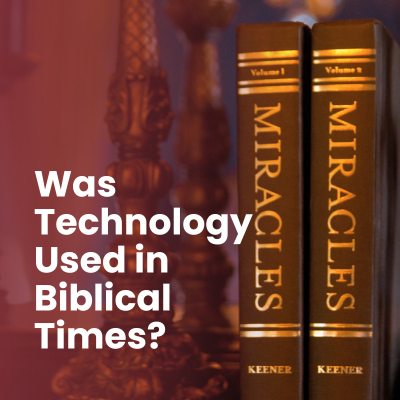

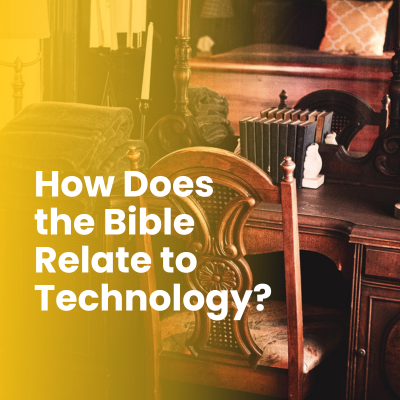

Leave a Reply